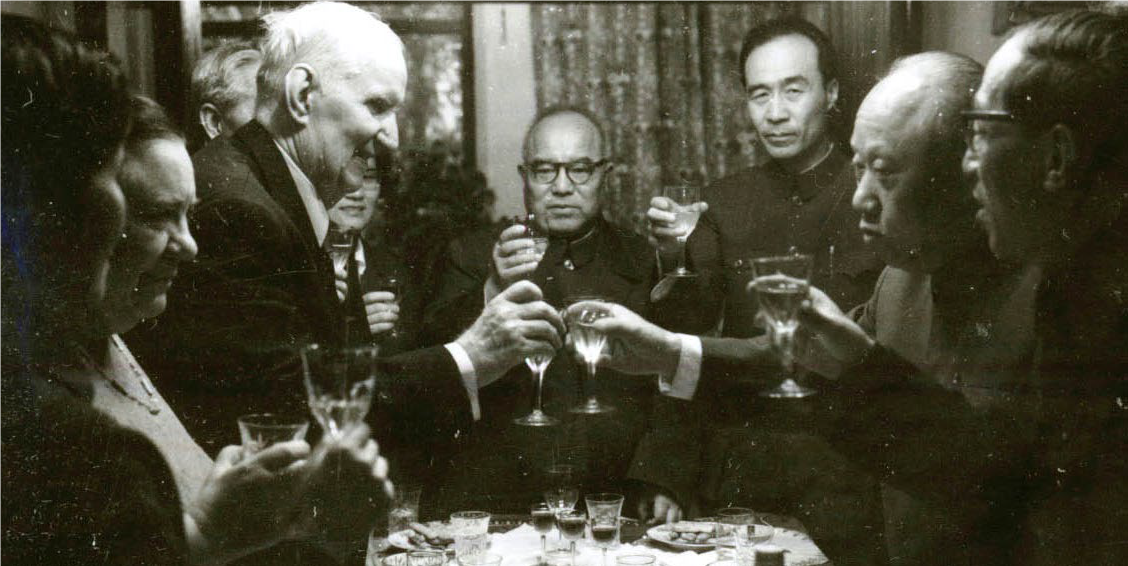Foreign policy thinking in communist Albania and Romania
The foreign policy thinking of the communist elites of Albania and Romania (1953–1978): Comparative, transnational, cultural history and interdisciplinary perspectives
Communist Albania and Romania have made a name for themselves as special cases in the history of the Cold War. Following an increasing dissatisfaction with Moscow’s new policies after Stalin’s death in 1953, over the course of the 1960s, the two countries’ ruling elites embarked on defying the Soviet Union, challenging hegemonism and displaying an overly ambitious activism on the international political stage. The two states each pursued their own distinct path. Albania sensationally switched alliances within the communist world in 1960/61, assuming subsequently an important position in Mao’s endeavours to form an alternative, anti-revisionist international communist movement. In this role, Albania frequently criticised both superpowers and hegemonism and established contacts to radical Marxist-Leninist and other groups. While remaining part of the Eastern Bloc, Romania evolved to a rebellious “satellite” state. Beyond merely defying Soviet positions, however, Bucharest strove after establishing itself firmly in the arena of world politics.
What inspired these two countries’ ruling elites to pursue such highly risky non-conformist foreign policies and engage in world politics? Hitherto, this question has been mainly addressed from the perspectives of national, international and “traditional” political history. Studies have usually pointed to these two hard-line regimes’ power interests, fierce nationalism and clever tactical manoeuvring in foreign policy. The proposed project goes beyond these explanations. Instead, it argues that the foreign policy thinking of the Albanian and Romanian ruling elites shared many commonalities and was significantly influenced by observations, including mutual ones, and ideas circulating regionally and globally. To test this hypothesis, the study combines comparative, transnational and cultural history perspectives and makes use of theoretical insights from the social sciences, especially about ideas and learning processes in foreign policy.
The study will first analyse how the elites thought about world order, international politics and their own and other actors’ Cold War policies in their internal discussions. Second, it will engage with learning processes in foreign policy, examining how the elites made sense and use of transnationally circulating political ideas and of observations and exchange. Third, it will systematically compare the two cases with each other to find commonalities and differences during the period starting at Stalin’s death in March 1953 to the Sino-Albanian split in July 1978.
Contact
Dr. Idrit Idrizi (Principial Investigator)
Dr. Bodgan Cristian Iacob
Duration
1.3.2024 – 29.2.2028
Funding
Austrian Science Fund (FWF): Grant-DOI 10.55776/PAT6757023
